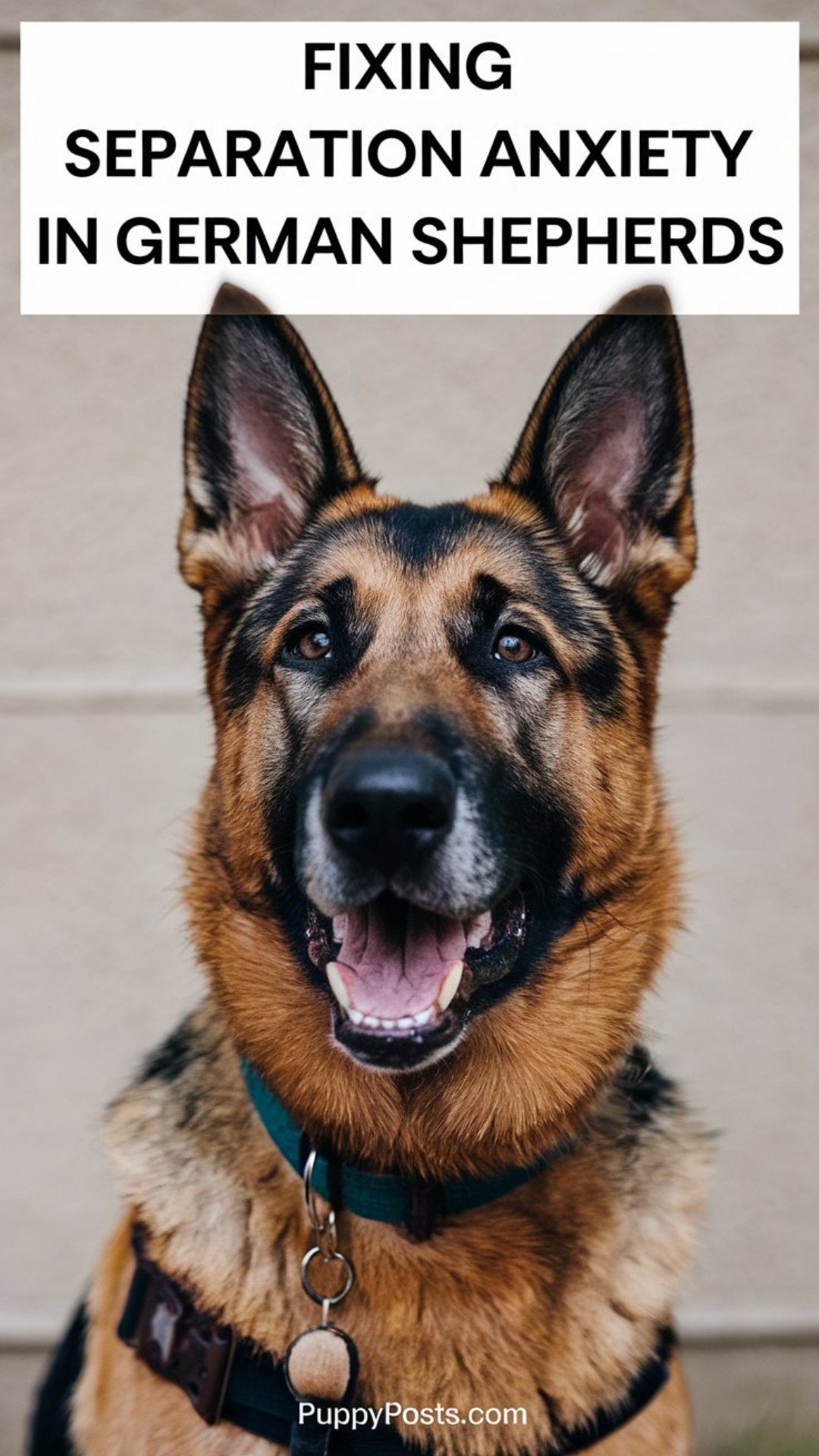Fixing separation anxiety in German Shepherds
Alright, let’s get real. German Shepherds are smart, loyal, and protective dogs. But when separation anxiety kicks in, it’s a whole different ballgame. I’ve been a veterinarian for over a decade, running a sanctuary for stray dogs and cats, and I’ve seen how this issue can tear apart the peace in any home.
If you want to fix separation anxiety in your German Shepherd, you need to be firm, consistent, and patient. No shortcuts, no yelling—just steady work and calm leadership.

Why German Shepherds Develop Separation Anxiety
These dogs form deep bonds with their people. When you leave, they feel exposed and insecure, which sparks anxiety. This often shows up as barking, whining, digging, or destructive behavior. The goal is to teach your Shepherd that being alone is safe and temporary.
Step 1: Create a Safe, Comfortable Space
Set up a crate or a gated area with your dog’s bed, toys, and water. This should be a positive, secure spot your German Shepherd feels comfortable in when you’re not home.
Step 2: Practice Short Absences
Don’t drop off the face of the earth for hours right away. Start with short, calm departures—just a few minutes—and gradually build up the time. Keep your arrivals and departures low-key to avoid ramping up anxiety.
Step 3: Give Them Physical and Mental Exercise
German Shepherds are high-energy and intelligent dogs. Tire your dog out with a good walk, training session, or puzzle toy before you leave. A tired dog is a calm dog.
Step 4: Reward Calm and Independent Behavior
When you come back and your dog is relaxed, reward that calmness with praise and treats. Reinforce that being calm while alone earns them good things.
Step 5: Avoid Punishment for Anxiety-Driven Behavior
If your Shepherd barks, chews, or digs out of anxiety, don’t punish. Punishment only worsens fear and breaks trust. Stay patient, consistent, and keep focusing on positive reinforcement.
Step 6: Seek Professional Help When Necessary
If your German Shepherd’s anxiety is severe or doesn’t improve, don’t hesitate to get help from a professional trainer or veterinary behaviorist. Early intervention makes a big difference.
Bottom Line
Fixing separation anxiety in German Shepherds takes calm, steady leadership. Build a safe space, ease into absences, provide plenty of exercise, and reward calm behavior. Stick with it, and your dog will learn to feel secure and confident—even when you’re not there.







